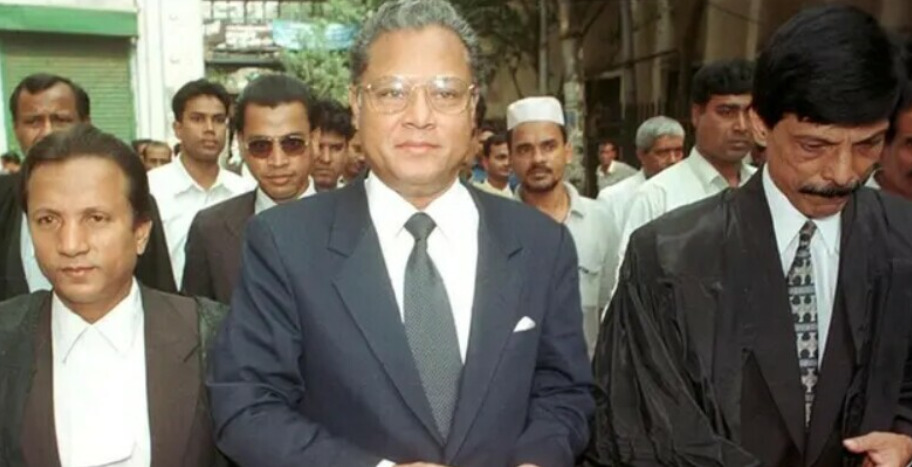A former air force chief and minister was sentenced to prison by a Bangladeshi court on Thursday, marking the latest conviction by political opponents of Prime Minister Sheikh Hasina in advance of next month’s elections. A BD court imprisons a former minister and Air Force commander.
After leading the Air Force until 1995, Altaf Hossain Chowdhury subsequently affiliated with the Bangladesh Nationalist Party (BNP), the principal opposition organization to Hasina’s Awami League in power.
In 2011, a Dhaka court incarcerated and sentenced eight individuals, including him and former BNP water minister Hafizuddin Ahmed, for instigating violent protests that resulted in BNP supporters torching vehicles.
Read more: New Year’s Celebrations Are Prohibited In Pakistan Out Of Solidarity With The Palestinian People.
“Each of them received a 21-month prison sentence,” said chief prosecutor Abdullah Abu.
The opposition has deemed the case “baseless, false, and fabricated” and has accused the judiciary of carrying out directives from the government to incarcerate Hasina’s opponents before the January 7 election.
The BNP and Jamaat-i-Islami, the largest Islamist party in the country, and scores of smaller parties are boycotting the election because it will not be free or fair.
This year, massive demonstrations have been organized by both political parties to force Hasina to abdicate and install an impartial caretaker government to supervise the election.
There have been at least eleven fatalities resulting from the demonstrations.
Since September, the BNP claims that over 25,000 opposition party members, including its entire senior leadership in Bangladesh, have been detained.
The administration of Hasina refutes these figures, claiming that only 11,000 individuals had been detained.
“In the past three months, at least 1,561 BNP activists and leaders have been convicted and sentenced by lower courts,” said Kayser Kamal, the BNP’s legal affairs chief.
“At the government’s behest, some of these courts are rendering politically motivated judgments against opposition leaders and activists,” he continued.
Abu refuted Kamal’s allegation, stating that the individuals who were tried and sentenced were supported by substantial evidence.
“They were guilty of committing crimes.” He stated, “They were sentenced for this reason.”
Since resuming the premiership in 2009, Hasina has presided over phenomenal economic development propelled by a thriving garment export industry.
Her opponents, on the other hand, assert that she has ruled with an iron fist and that her security forces have committed widespread human rights violations.
Amid accusations of widespread human rights violations, the United States sanctioned the elite Rapid Action Battalion (RAB) police unit and a number of its highest-ranking officers two years ago.
The RAB has been accused of enforced disappearances and extrajudicial murders; Hasina’s government denies these allegations.

